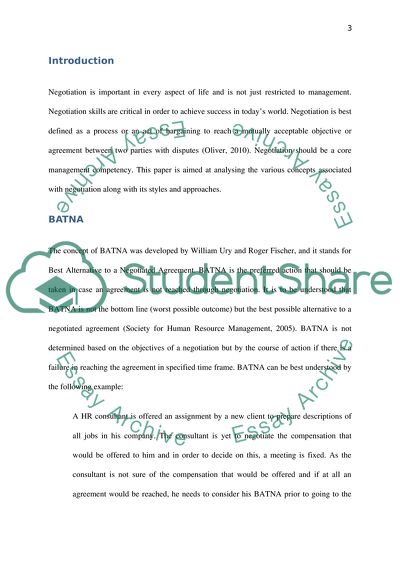Cite this document
(BATNA Negotiation Assignment Example | Topics and Well Written Essays - 2000 words, n.d.)
BATNA Negotiation Assignment Example | Topics and Well Written Essays - 2000 words. Retrieved from https://studentshare.org/social-science/1770067-introduction-to-negotiation
BATNA Negotiation Assignment Example | Topics and Well Written Essays - 2000 words. Retrieved from https://studentshare.org/social-science/1770067-introduction-to-negotiation
(BATNA Negotiation Assignment Example | Topics and Well Written Essays - 2000 Words)
BATNA Negotiation Assignment Example | Topics and Well Written Essays - 2000 Words. https://studentshare.org/social-science/1770067-introduction-to-negotiation.
BATNA Negotiation Assignment Example | Topics and Well Written Essays - 2000 Words. https://studentshare.org/social-science/1770067-introduction-to-negotiation.
“BATNA Negotiation Assignment Example | Topics and Well Written Essays - 2000 Words”, n.d. https://studentshare.org/social-science/1770067-introduction-to-negotiation.


